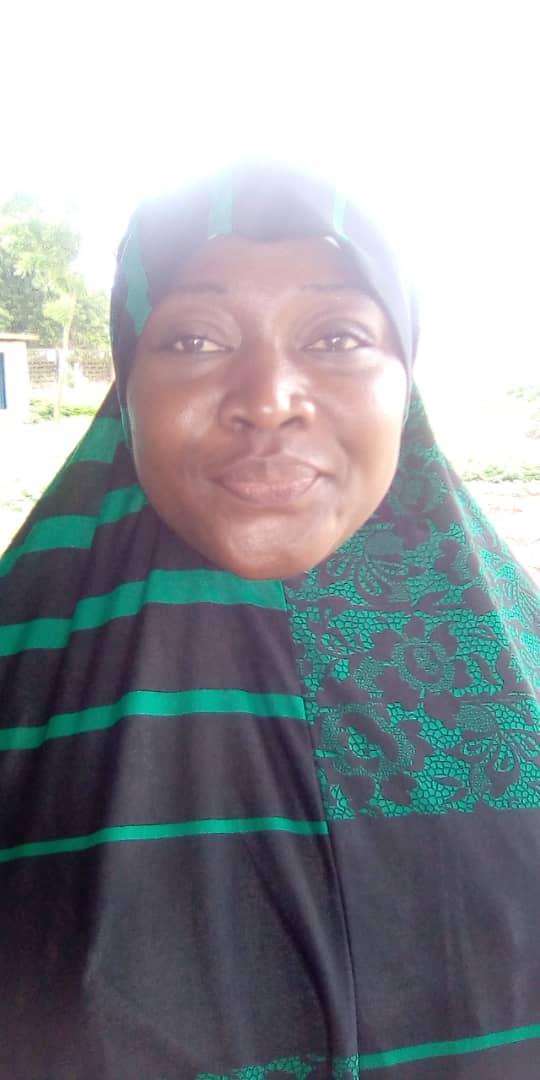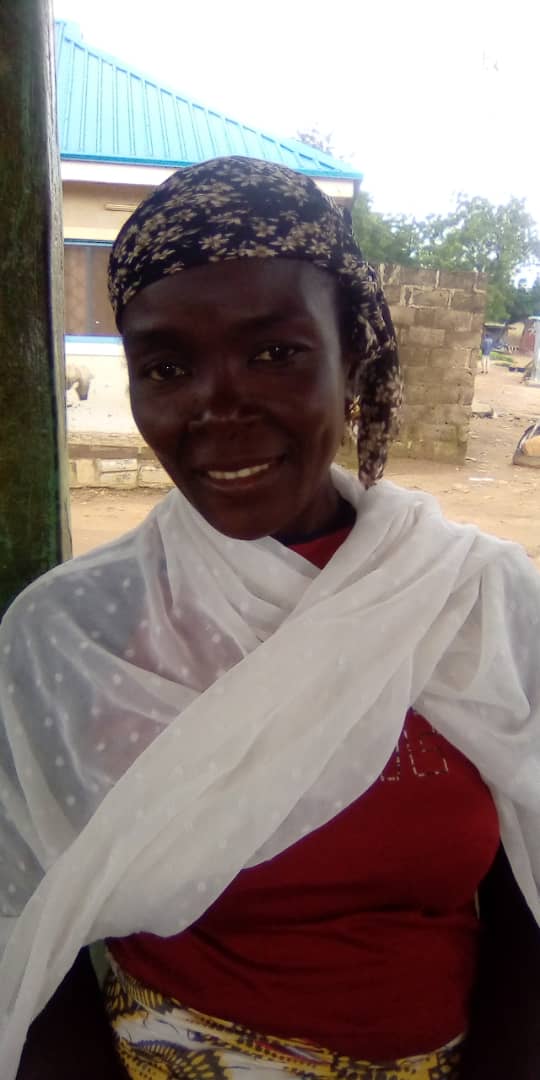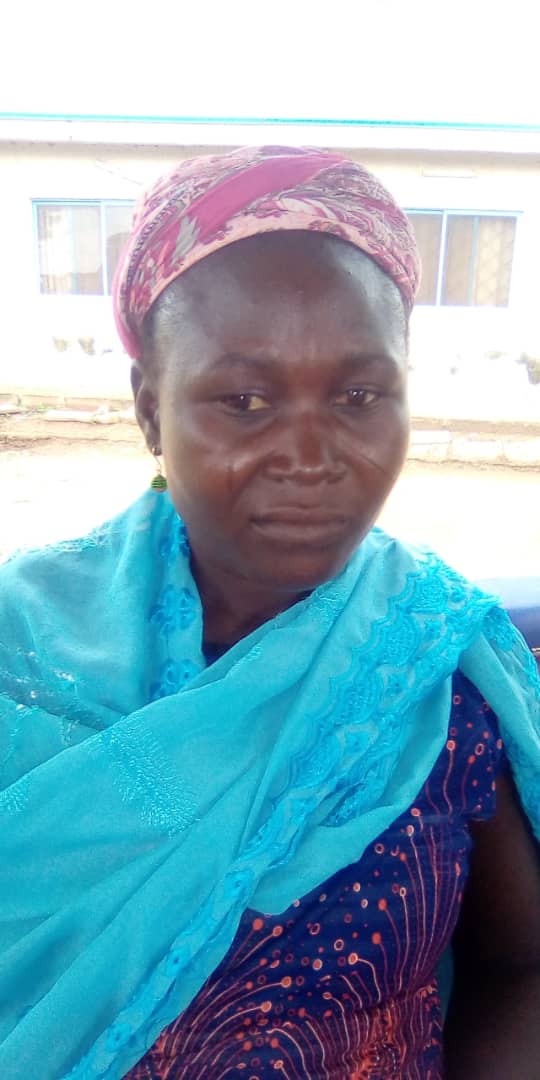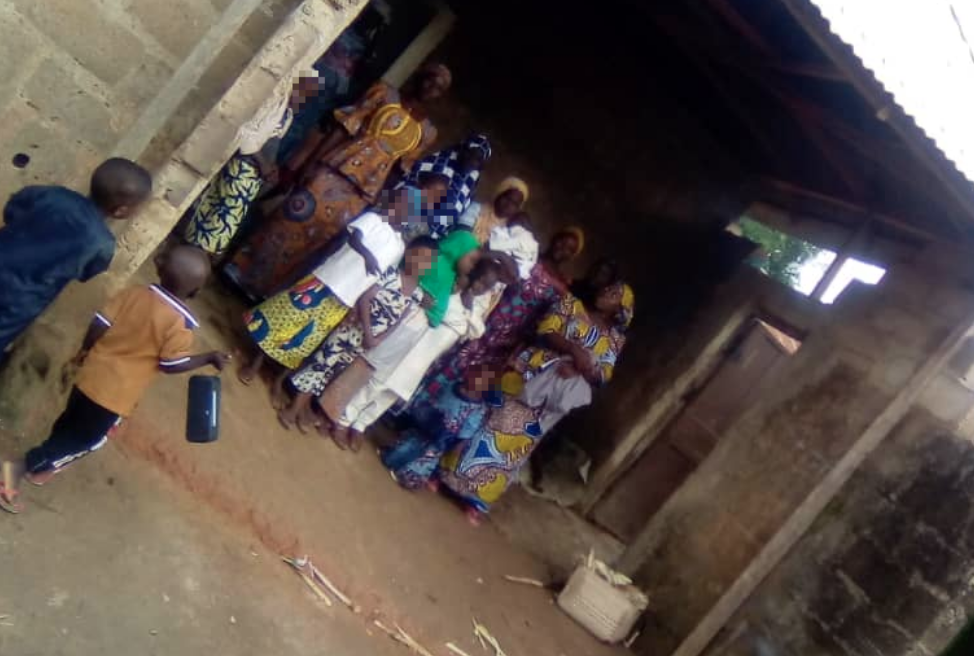In northern Nigeria, repeated attacks by bandits have displaced several families, and women are among the worst hit. With little support available, many of the widows now depend on handouts to survive and feed their children.
Halima Yusuf, a 30-year-old widow and mother of four, is from Kushaku, a village close to Erena town in Shiroro LGA of Niger state.
When Kushaku came under attack, residents were forced to flee to safer areas. Some fled to the bushes, hiding behind huge rocks and thick grasses, but Halima and her husband, Lawal, resettled in Erena — a place they considered relatively peaceful.
But that peace did not last for long.
Advertisement
One Friday in April 2021, the bandits stormed their new home in Erena around 2am. They invaded several houses in the town and forcefully dragged residents outside. Some were tied to trees while others were beaten to a pulp.
Halima, who was heavily pregnant at the time, said her children were shivering with fear while the bandits wreaked havoc and eventually killed her husband.
“The bandits walked to my husband who was tied to a tree, pointing their monstrous weapon at him,” she recounted.
Advertisement
“They told him they were ordered to kill him if they found him. I looked at him weeping silently, his eye was already covered with fear. So, he tried to untie the rope when they entered other houses to extort them, but when he eventually did and stood up to run, we heard a terrifying gunshot and before I could blink an eye, my husband was already lying helplessly on the ground.
“Lawal was a good husband. He catered for all our needs, ensured we always had food to eat and we never lacked anything.”
After killing Halima’s husband, the bandits moved to other houses to loot and destroy. She used the opportunity to flee into the bush with her children, where they hid behind a rock.
“I hid behind that rock for hours. When I was sure they had left, I asked my children to wait for me and I quickly ran to where my husband was lying dead,” she said.
Advertisement
According to Halima, three young girls were raped that day, while six others got kidnapped. Two of them have been released but the remaining four are still in captivity, she said.
Halima explained that she may never be able to forget the memory of her husband’s killing.
“I can never forget that Friday, the day I lost my husband,” she said, crying.
Life as a widow

After the tragedy, Halima took her children to an internally displaced persons (IDP) camp at Central Primary School Erena. While there, she welcomed her new child — a baby boy. They lived there for two months until the floods came and they, again, had to relocate.
Advertisement
The inclement situation in the school forced her to return to the house where her husband was murdered — where she, daily, relives the horrific events of that Friday in April.
To survive and feed her children, Halima says she leaves the house every day to seek handouts and sometimes goes from door to door to beg for food. Her children have also dropped out of school.
Advertisement
“I usually stay by the roadside hoping to get some money when the hunger gets intense. I didn’t want the neighbours, people around who give us food, to get tired of us. So, I tried to find my way sometimes,” she said.
From farming to begging

Rabi Abdullahi, 25, said her husband, with whom she has four children, was killed in Kushaku during an attack in 2020. She said the bandits broke down doors and windows, after which they violently assembled the occupants outside.
Advertisement
“My husband did not come out, he hid behind the door to the room. He must have thought it was safe. They shot him immediately they discovered him hiding behind the door,” she said.
“They killed my husband before my eyes, I saw him fading in and out of consciousness, I saw him dying.”
Advertisement
According to Rabi, she ran to the bush where she lived with the children for many weeks and only returned to Kushaku when there was relative peace. But when the attacks became repeated, she was forced to relocate to Erena.
Unlike Halima, who was a full housewife, Rabi was a farmer but now has to beg for alms to provide for her children.
“Back then in Kushaku, I used to farm very well. Sometimes, I helped my husband on his farm but we can no longer go to our farms because we don’t want to return as corpses,” she said.
Persistent violent attacks coupled with threats and fear of more have turned Kushaku into a desolate community as most of the residents have fled.
“As I talk to you now, there is currently nobody in the town, even the district head had deserted the town,” Rabi added.
Scared to farm, nothing to eat

Halima Gunduma was widowed after her husband was killed on a farm where he was working to bring home food for their seven children.
“The bandits had warned people from Kushaku against being seen on the farms but people kept going because they needed to eat,” she said.
Since his death, Gunduma dreads going to any farm, and as a result, she is unable to provide for her children. Hunger has now turned them into beggars, she said.
“I don’t want to die and leave my children behind in this unfair world,” she lamented.
She said the community once took N4 million to the bandits as payment for peace and to allow them to go to the farms, but despite assurances that they will stop attacking them, they keep coming back, each time leaving more destruction in their wake.
With farming — the only source of livelihood for most Kushaku women — no longer an option, they have resorted to begging on the streets of Erena.
“Mallama, for the sake of Allah and his messenger, help us. Tell the governor to help us, relate our sufferings to him. Tell him hunger is killing us slowly, tell him we don’t have anywhere to run to and our children have all dropped out of schools, tell him…” Gunduma wept bitterly.
Add a comment






